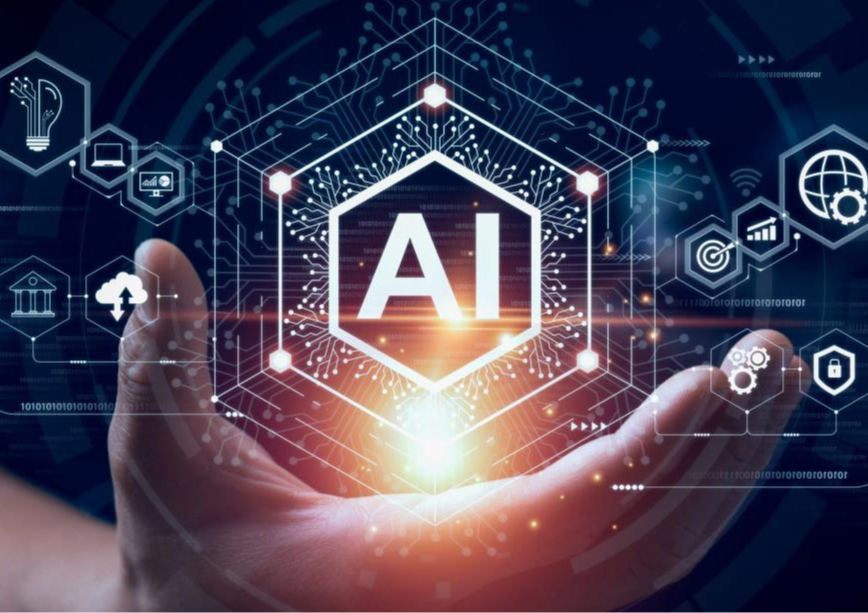The Role of AI in Disease Epidemic Tracking
The Role of AI in Disease Epidemic Tracking
Blog Article
Synthetic intelligence (AI) is revolutionizing industries, enhancing production, and even redefining creativity. Nevertheless, as AI is growing, issues encompassing trademark and rational house rights are getting significantly relevant. Who owns the task Artificial intelligence (umělá inteligence)? Does the founder of the AI contain the rights, or could it be the average person who uses the tool? These dilemmas variety the crux of the ongoing AI and copyright question, posing problems for appropriate frameworks worldwide.
AI-Generated Content and Possession
A significant matter in this area lies in ownership. Consider AI-generated material, such as for example bits of art, text, as well as music. These creations are created probable by algorithms qualified on huge amounts of pre-existing individual material, increasing issues like, “May the result be secured by the laws of copyright?” Presently, many appropriate programs offer trademark to operates produced by humans. However, AI introduces a grey area, since the productivity does not base right from a human creator but in addition is not purely autonomous of human influence.

This ambiguity reaches the individual utilizing the AI tools. Are they just operators, or whenever they be looked at co-creators because of their input of requests that guide the AI's production? Appropriate programs globally are struggling to help keep speed with your advancements as they question whether copyright laws need significant changes to account for AI.
Ethical Problems in Copyright
Working out of AI designs presents their ethical dilemmas. Many methods count on datasets taken from massive repositories of human-created works, such as for example posts, publications, images, and more. Frequently, these datasets are procured from material that is copyrighted, sparking considerations around whether this use constitutes copyright infringement.
For instance, AI tools experienced on copyrighted artwork and media might replicate stylistic elements in their output. Does that violate the rights of the original inventor? Authorities disagree that makers require recognition and settlement when their performs are accustomed to train AI. Industry specialists are contacting for clear practices and possible royalty methods to handle these moral concerns.

The Need for Current Legitimate Frameworks
The quick progression of AI shows the requirement for worldwide dialogue and updates to copyright frameworks. Without distinct legitimate directions, disputes around AI-generated content and possession are bound to rise. Policymakers, makers, and technologists should work together to establish fair limits for intellectual home in this new era.
AI has got the possible to open immense imagination and innovation. However, addressing these trademark issues is essential to respecting the rights of human makers while fostering moral AI advancements. The discussion is just start, and how it unfolds may shape the future of imagination and engineering alike. Report this page